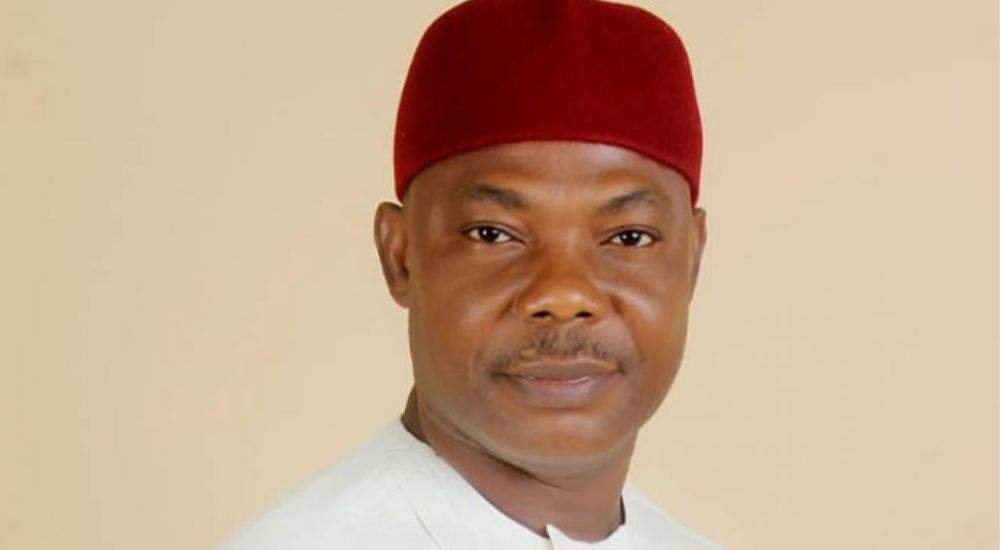Democracy is a system of government where power is held by the people, either directly or through elected representatives. It promotes equality, freedom, accountability, the rule of law, protection of rights, peaceful conflict resolution, innovation, civil society participation, transparency, adaptability, and the peaceful transfer of power. These aspects contribute to democracy’s strength by empowering individuals and valuing diverse perspectives, fostering a society where progress is encouraged. Despite its challenges, democracy’s ability to uphold these principles makes it a valuable form of governance. These principles are enshrined in the 1999 constitution of Nigeria (as amended).
The essence of a constitution and constitutionalism lies in establishing fundamental principles, structures, and rules that govern a country or organisation. Key points include the rule of law, limiting government power, protection of fundamental rights, separation of powers, legal stability, democratic governance, and adherence to constitutional principles. Constitutions ensure accountability, prevent abuse of power, protect rights, maintain stability, promote democracy, and uphold the rule of law through constitutionalism.
Democratic governance, particularly in the context of Nigeria’s1999 Constitution, emphasizes the principle of separation of powers among the three arms of government: the Legislature, the Executive, and the Judiciary. This separation ensures a system of checks and balances that prevents any one arm or office holder from becoming too powerful and helps prevent tyranny and safeguard the rights and interests of the citizens.
Advertisement
In Nigeria, the core responsibilities of the different arms of government are outlined in the constitution. The Legislature, which consists of the National Assembly at the federal level and State Houses of Assembly at the State level, is primarily responsible for making laws, representing the interests of the people, overseeing the executive branch, and ensuring accountability and transparency in governance.
Though legislators can propose and allocate funding for projects, the executive branch (government agencies or local authorities) handles their execution and implementation. However, legislators do play a role in overseeing and monitoring the progress of these projects to ensure they are carried out effectively and in the best interest of the public.
Constituency needs assessment is an important aspect of the legislative process in Nigeria. It involves identifying the specific needs and priorities of a particular constituency, such as infrastructure development, healthcare services, education, job creation, and other social amenities. By conducting needs assessments, legislators can better understand the challenges facing their constituents and work towards addressing them through appropriate legislation and oversight.
Service delivery is another key function of the legislature in Nigeria. Legislators are expected to not only make laws but also ensure that government agencies and departments are effectively implementing policies and programmes to meet the needs of the people. By monitoring service delivery and holding the executive branch accountable, legislators play a crucial role in promoting good governance and improving the quality of life for citizens.
The 1999 Constitution of Nigeria, particularly Sections 47 to 100 and the Second Schedule, meticulously outlines the structure and functions of the National Assembly and State Houses of Assembly. These provisions serve as the bedrock for the legislature’s modus operandi, delineating its composition, powers, functions, and procedural mechanisms within the democratic framework of the nation.
Advertisement
A comparative analysis reveals a universal tenet of democratic governance resonating across nations such as South Africa and Ghana, where a tripartite division of power remains quintessential. In the South African Constitution, the separation of powers is outlined in Chapter 4, which establishes the three arms of government: the Legislature (Chapter 4, Sections 42-83), the Executive (Chapter 5, Sections 84-102), and the Judiciary (Chapter 8, Sections165-180). These sections delineate the powers, functions, and roles of each arm of government, ensuring a clear separation of powers.
In the Ghanaian Constitution, the separation of powers is provided for in Chapter 5, specifically in Articles 58 to 128. These articles as well establish the Legislature (Articles 93-106), the Executive (Articles 58-92), and the Judiciary (Articles125-128), outlining their respective powers and functions to maintain a system of checks and balances.
Here, the legislature orchestrates the legislative landscape, the executive apparatus executes its mandates, and the judiciary assumes the pivotal role of interpretation—a balanced collaboration of governance harmonizing the ethos of democracy.
In the context of Umunna, understanding the constitutional framework can help residents engage effectively with their representatives, advocate for their needs, and participate in decision-making processes that affect their community. By being aware of the roles and responsibilities of each level of government, Umunna residents can hold their leaders accountable and work towards the development and well-being of their community.
Overall, the essence of democratic governance lies in its emphasis on the rule of law, accountability, transparency, and citizen participation. By upholding the principles of separation of powers and ensuring that each arm of government fulfills its core responsibilities, Nigeria can strive towards a more inclusive, responsive, and effective system of governance that serves the needs and interests of all its citizens.
Hon. Ibekwe, Nnamdi Chimdi (Oziomachi) is the lawmaker representing Bende North constituency, Abia state.



